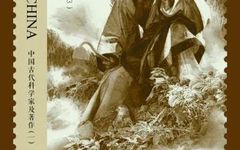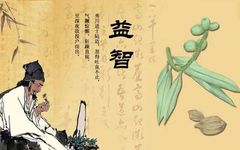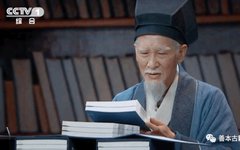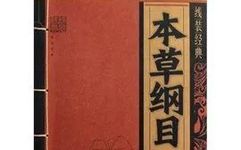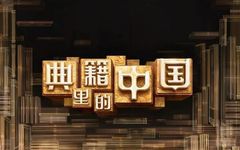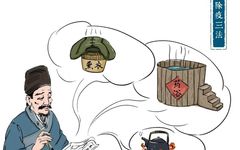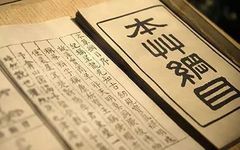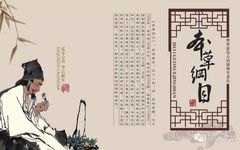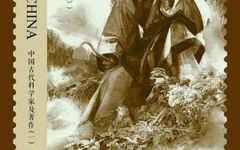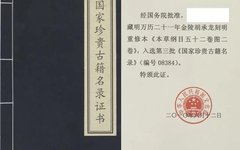The Enigma of Chinese Medicine: The Regrets of the “Compendium of Materia Medica” and the Unintentional Loss of Miraculous Herbs in History
Follow Famous TCM Formulas to discuss Traditional Chinese Medicine together! A historical coincidence or mistake often leaves behind irreparable errors, untraceable truths, or perplexing enigmas for future generations… To Practice Medicine or to Be an Official? That Is the Question Those familiar with Traditional Chinese Medicine or Chinese history should know about the book “Compendium … Read more

